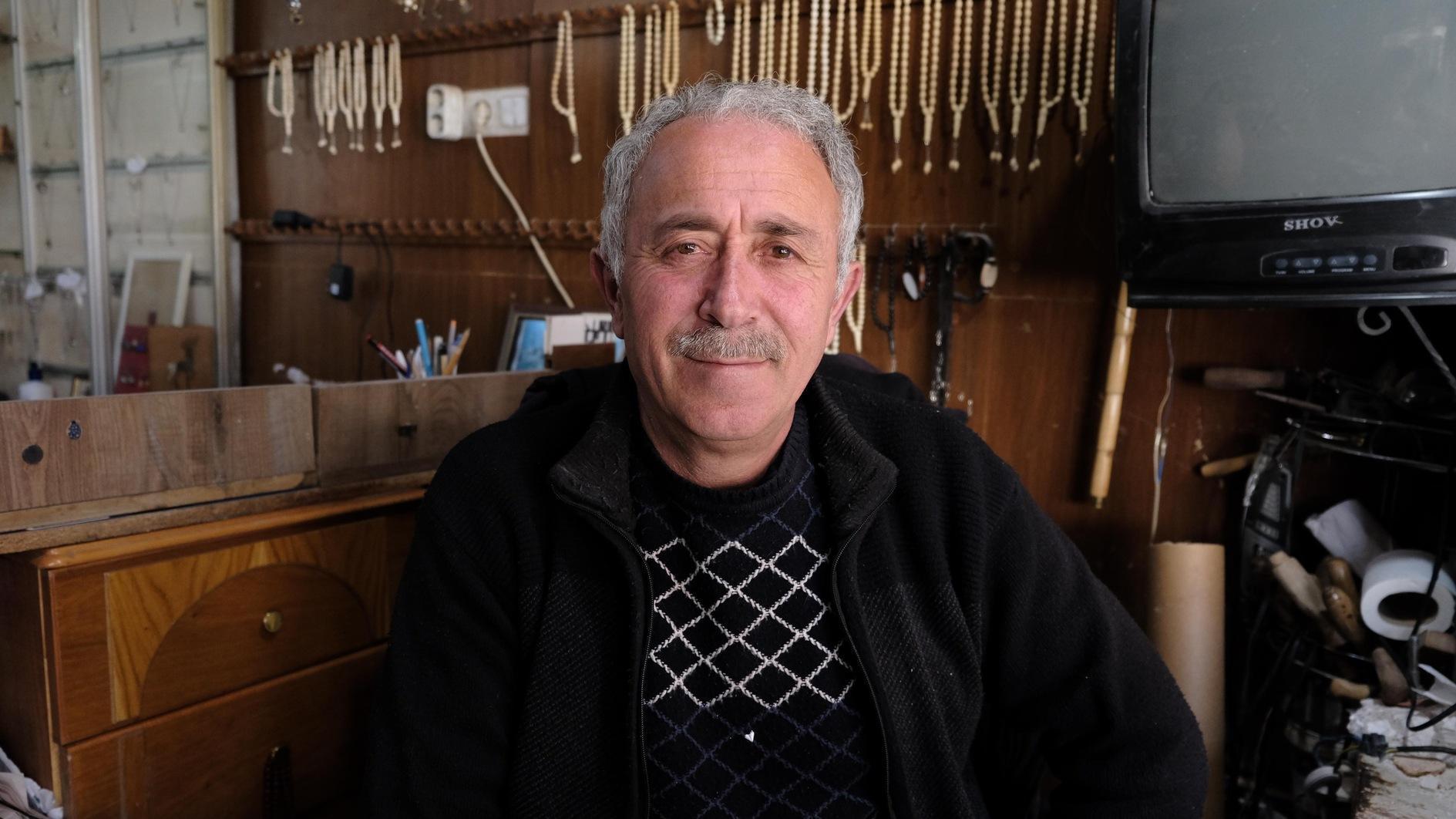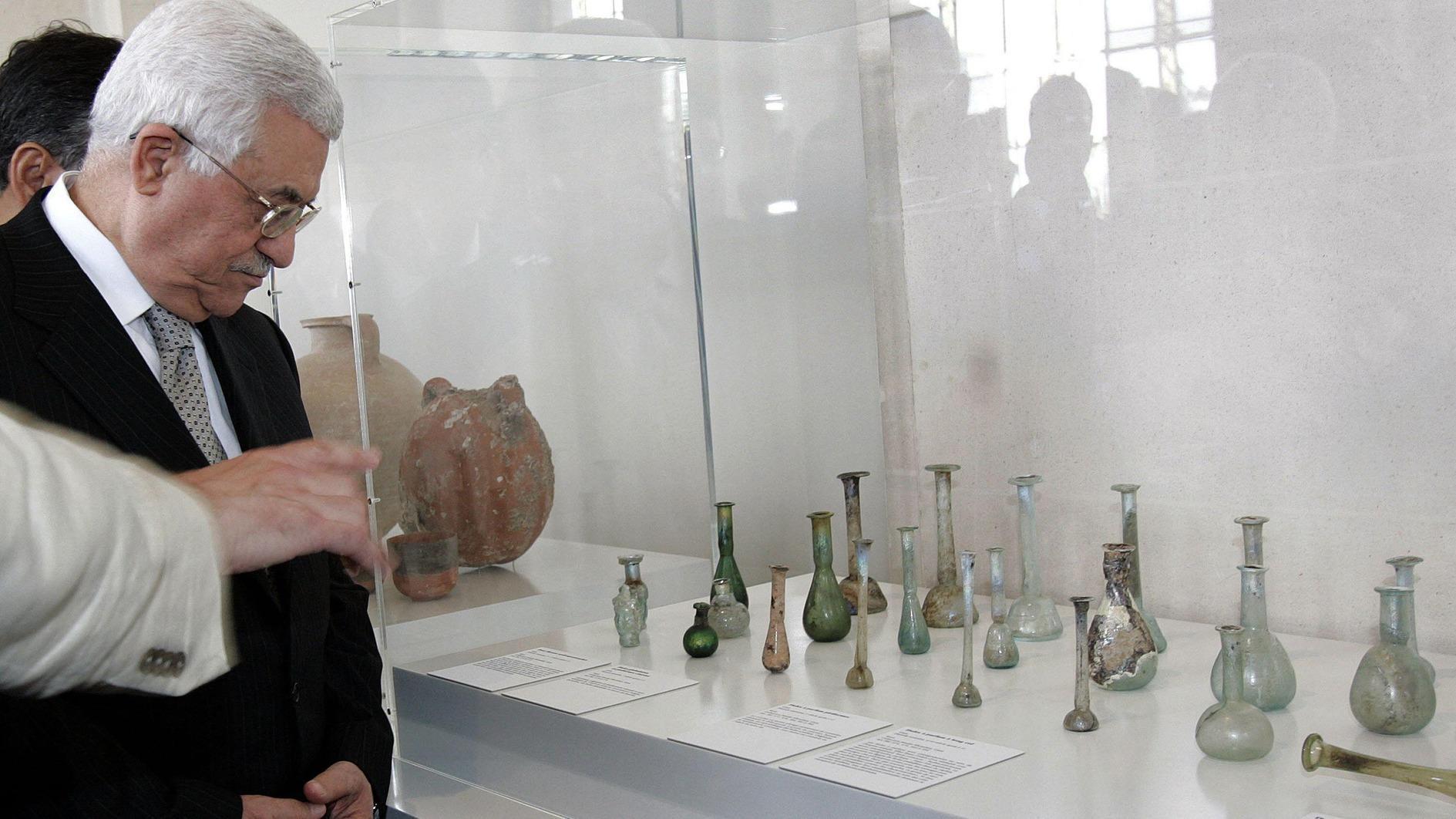A thinner (or larger) slice of profiterole for the Kurds?
“Profiterole for the Kurds?” (this column, Sept. 10, 2009) recalled the early days of Kudistan Workers’ Party (PKK) leader Abdullah Öcalan’s 1998-1999 odyssey, when a group of Kurds launched a hunger strike in Klafthmonos Square in Athens in protest of his arrest in Rome. The same square witnessed another event about 10 days after the hunger strike began: A private company and a cookery school made a world record attempt at baking the largest-ever profiterole, weighing almost 5 tons and topped with half a ton of whipped cream. Shortly after the irresistible aroma of chocolate mousse and cream puff conquered the square, the hunger strike ended.
In autumn 2011, an audio leak showed that the Turkish government was in (no longer) secret talks with the PKK for peace. “Profiterole for the Kurds? (revisited),” (this column, Aug. 18, 2011) was not sure if the negotiators spoke a common language:
“A Kurdish homeland is why the PKK has fought its 25-year-long war, although [the PKK] retreated in rhetorical terms, to a large degree of autonomy. Sorry, but the PKK men have not killed and been killed because they are a bunch of bloodthirsty sadomasochists. Nor have they killed… to win some silly state or private broadcasting in their own language or a couple of Kurdish language institutes at Turkish universities.”
One year later the government formally announced its “peace initiative/opening” which it later reflagged as the “national unity and brotherhood project.” In 2013, the PKK declared a landmark ceasefire. Meanwhile, “Profiterole for the Kurds? (re-revisited),” (this column, March 1, 2013, or three weeks before the ceasefire was announced) warned that:
“Peace will not come on a gratis basis. Turks will have to give up ‘something …’ Double profiterole with a cherry on top? Peace will come only if Turkish political engineering has crafted a degree of Kurdish autonomy acceptable for all insurgent Kurdish factions.”
It is a personal disappointment for your columnist to accurately predict that the government was not at all serious about probably the only initiative it took and this columnist supported. It is also sad, but not surprising, that the other side of the conflict, the Kurdish political movement, was not serious about the terms of the deal that must have been specified during rounds and rounds of talks. In short, what the entire world watched with hope and cheers for a happy ending was a mutual play-acting, badly poisoned even when it took off.
We all guessed who planned what. And quite accurately. Knowing that 2014-15 would be a triple election time, the government pretended that it wanted sustainable peace with the Kurds, while in fact privately aiming to keep the PKK “inactive” – the fewer coffins wrapped in the Crescent and Star arriving in soldiers’ hometowns, the less the risk of votes fleeing from the government. In other words, the more the hope of peace was kept alive, the more Kurdish votes for the government. Smart shot. But like all nice things, the plan had its expiry date. And not trusting Ankara (rightfully, it seems) the Kurds did not disband and lose their future hard power leverage on Turkey. Hence the current mess.
This is not a winning war for either side of the conflict. But it is surely a losing war for the Turkish side. The former generation of Turkish politicians had to deal with a few Kurdish MPs in parliament at a time when there was relative national unity and social peace and no need to directly engage in regional conflicts. Today, the Turkish parliament houses 80 Kurdish MPs, Turkey is deeply divided and polarized along Islamist-secular lines and it is in a regional quagmire of its own making.
Worse, the future generation of Turkish politicians will have to deal with a more complex problem, so says demographics. The total fertility rate in eastern and southeastern (Kurdish-speaking) Turkey is at 3.41, compared to 1.93 in the western (Turkish-speaking) parts. Will there be 130 Kurds in parliament in 2019? Two hundred in 2028?
Turks will probably rush to agree on terms far worse than they refuse to agree on today.










